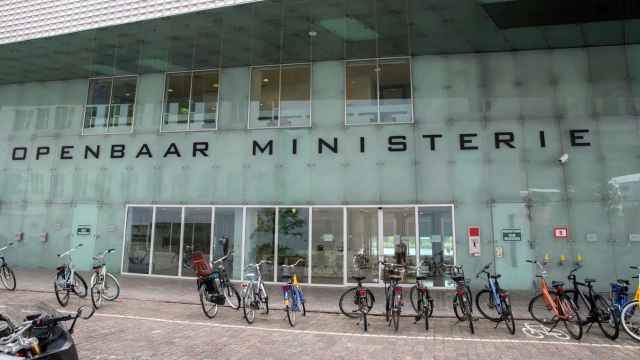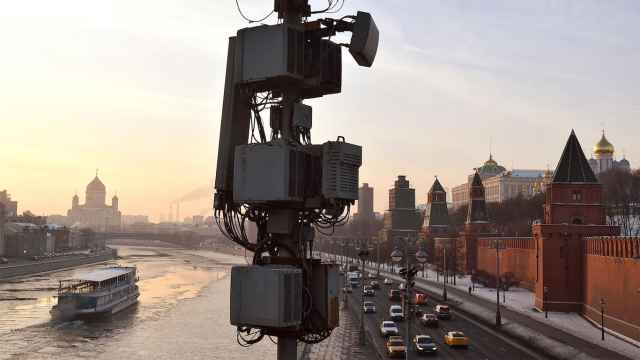Russian companies have been able to purchase spare parts for outdated microchip-making machines produced by Dutch tech giant ASML through Chinese intermediaries since the full-scale invasion of Ukraine, the Dutch daily Trouw reported Wednesday, citing Russian customs data.
Small Russian importers reportedly obtained these parts at least 170 times between February 2022 and December 2023. Trouw noted that Russian trading firms continued to obtain “countless” spare parts on the secondary market.
The imported parts are suited for ASML machines built from the late 1990s and to the early 2000s, which, according to the report, remain “very useful for chips in everyday devices and weapons.”
Although tools from that era are not considered “dual use” — or technology with potential military applications — Trouw suggested they could still be used in the production of missiles, drones, tanks and military aircraft.
ASML is one of the world’s leading manufacturers of semiconductor chipmaking equipment, used in everything from mobile phones to cars. Earlier this year, the multinational corporation said it was barred from exporting a limited number of advanced machines to China, where it had generated about half of its revenue, amid pressure from the U.S. government on Dutch authorities.
Since the full-scale invasion of Ukraine, Moscow has faced Western export restrictions on advanced semiconductors and other goods with military applications, including microchips for missiles and drones.
Previous reporting by Ukrainian media outlets indicated that imports of ASML equipment are “essential” for maintaining and expanding Russia’s military production.
In May, Russia developed its first chipmaking tool with capabilities comparable to ASML machines from the 1990s.
AFP contributed reporting.
A Message from The Moscow Times:
Dear readers,
We are facing unprecedented challenges. Russia's Prosecutor General's Office has designated The Moscow Times as an "undesirable" organization, criminalizing our work and putting our staff at risk of prosecution. This follows our earlier unjust labeling as a "foreign agent."
These actions are direct attempts to silence independent journalism in Russia. The authorities claim our work "discredits the decisions of the Russian leadership." We see things differently: we strive to provide accurate, unbiased reporting on Russia.
We, the journalists of The Moscow Times, refuse to be silenced. But to continue our work, we need your help.
Your support, no matter how small, makes a world of difference. If you can, please support us monthly starting from just $2. It's quick to set up, and every contribution makes a significant impact.
By supporting The Moscow Times, you're defending open, independent journalism in the face of repression. Thank you for standing with us.
Remind me later.






